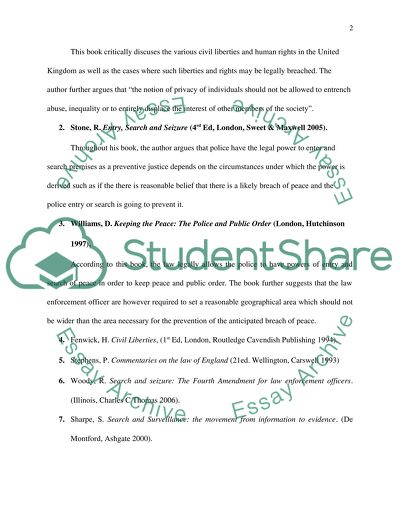Cite this document
(“Public Law Coursework Example | Topics and Well Written Essays - 1000 words”, n.d.)
Public Law Coursework Example | Topics and Well Written Essays - 1000 words. Retrieved from https://studentshare.org/other/1401817-public-law
Public Law Coursework Example | Topics and Well Written Essays - 1000 words. Retrieved from https://studentshare.org/other/1401817-public-law
(Public Law Coursework Example | Topics and Well Written Essays - 1000 Words)
Public Law Coursework Example | Topics and Well Written Essays - 1000 Words. https://studentshare.org/other/1401817-public-law.
Public Law Coursework Example | Topics and Well Written Essays - 1000 Words. https://studentshare.org/other/1401817-public-law.
“Public Law Coursework Example | Topics and Well Written Essays - 1000 Words”, n.d. https://studentshare.org/other/1401817-public-law.


